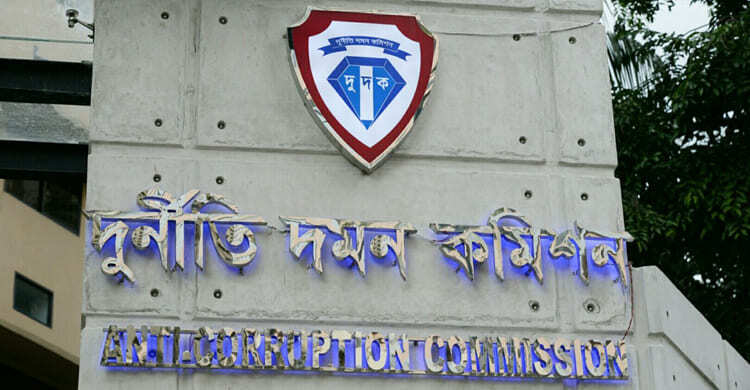The Anti-Corruption Commission (ACC) Reform Commission has strongly criticised the BNP’s recent rejection of one of its key recommendations for removing legal barriers to corruption investigations, calling the party’s position “misleading, contradictory, and disappointing”.
In a statement sent to the media on Sunday, the commission responded to remarks made by BNP Secretary General Mirza Fakhrul Islam Alamgir at a 5 July press conference, where he rejected Recommendation-29 of the ACC Reform Report.
The recommendation calls for amending Section 309 of the Income Tax Act, 2023 to allow the ACC direct access to income tax-related information from the National Board of Revenue (NBR) without requiring prior court approval.
“This legal requirement is one of the primary reasons behind delays and inefficiencies in corruption investigations,” the commission said, adding that it has been substantiated through extensive research and consultations with stakeholders.
The reform body, led by Dr Iftekharuzzaman, noted that BNP had agreed to 46 out of the 47 recommendations in the report and thanked the party for making that public. However, it expressed concern over the party’s refusal to support the removal of a provision that currently prevents the ACC from obtaining vital tax documents from the NBR without a court order.
“The argument that bypassing court orders will delay the ACC’s activities is not only unfounded but self-contradictory,” said Dr Iftekharuzzaman.
“In reality, it is this very requirement that creates long delays and opportunities to sabotage investigations.”
He explained that Section 309 of the new Income Tax Act renders income declarations, returns, and related documents confidential and inaccessible to the ACC without judicial approval— a stark departure from the past, when such information could be accessed directly.
The commission emphasised that this restriction significantly impairs the ACC’s ability to act swiftly in cases of financial corruption. “What the ACC once could do without court intervention, it now cannot. This hampers anti-corruption efforts at their core,” the statement said.
Addressing privacy concerns raised by BNP, Dr Iftekharuzzaman stated that the recommendation does not seek to violate personal privacy or disclose sensitive data unnecessarily.
“These tax documents are crucial in investigating illicit wealth and corruption, not for indiscriminate public use,” he said, adding that NBR itself benefits from similar data-sharing arrangements with other agencies when necessary.
“Maintaining this legal barrier undermines not only the effectiveness of the ACC but also Bangladesh’s broader governance reform agenda,” he added.
The reform body maintained that implementing Recommendation-29 would increase the speed, efficiency, and objectivity of ACC investigations— prerequisites for making the agency truly independent and effective in line with international best practices.
Dr Iftekharuzzaman urged the BNP to reconsider its position and “play a constructive role in building a stronger and more accountable anti-corruption regime”.
The commission concluded by reiterating that better coordination and data-sharing between the NBR and ACC are essential to combating corruption and promoting good governance.


